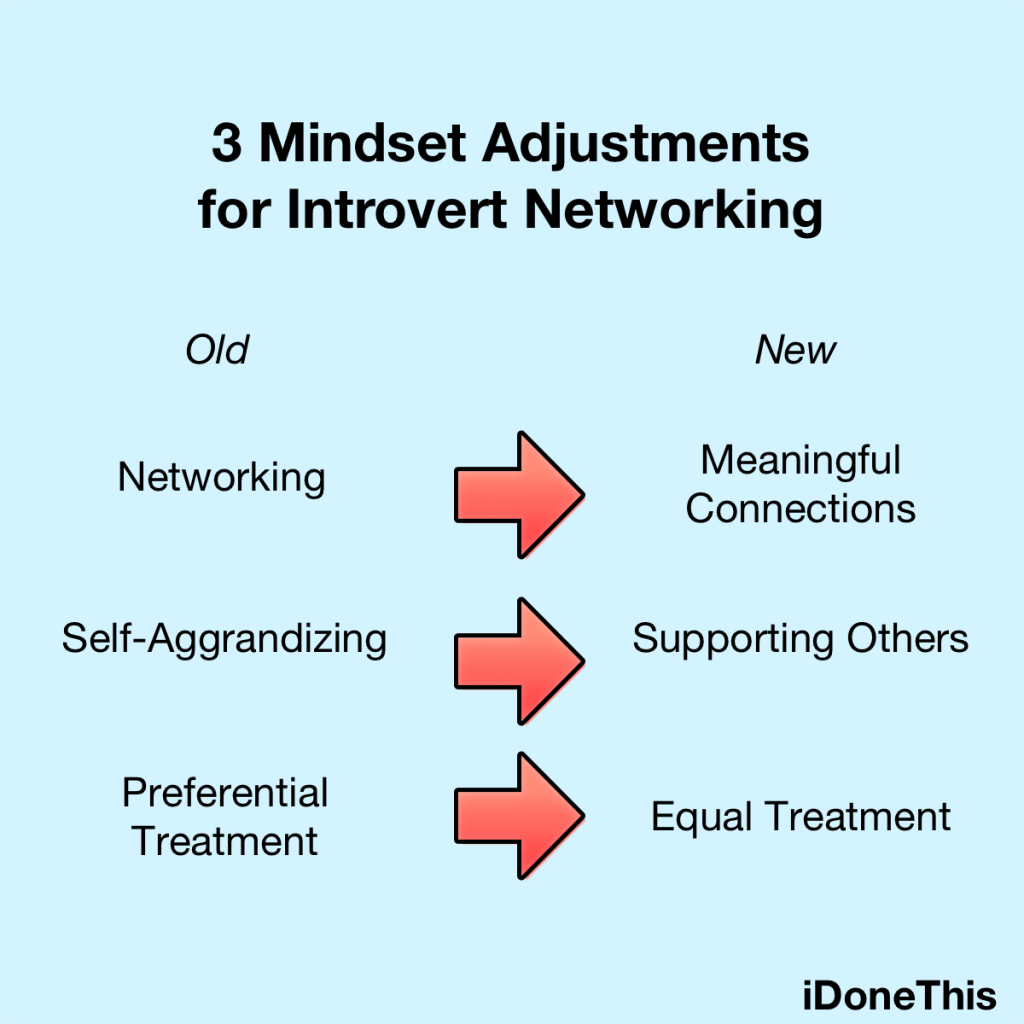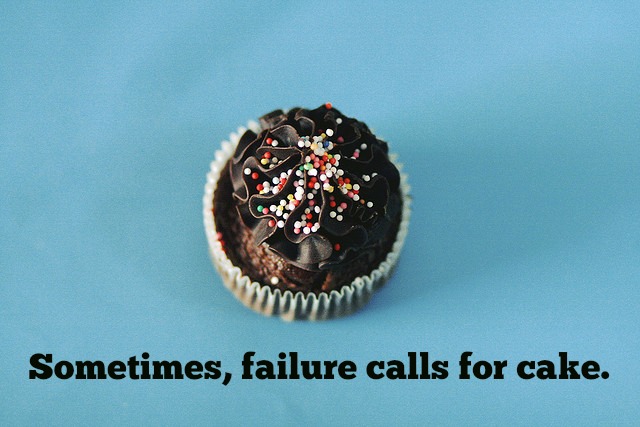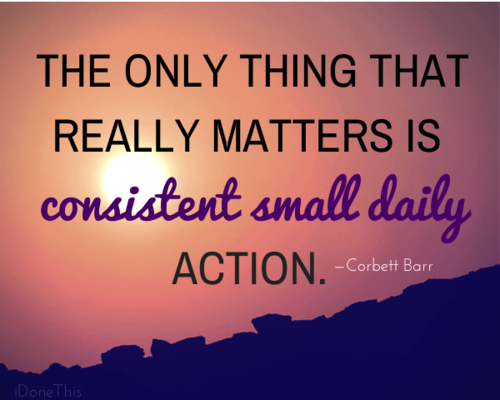
You’re more likely than your parents to work from home one day.
Or from a Starbucks, a shared working space, you get the idea. In fact, 4.2 million American workers joined the remote working movement from 1997-2012, according to the Census Bureau.
What this means is that many of us who started careers in a cubicle and necktie are switching over to the pajamas and home office.
It’s a big change. And it’s not easy.
Thankfully, the trail has been sufficiently blazed by workers who have been remote working for years, some for decades. Many of those brave pioneers have documented their experiences. So let’s explore some of the best advice from remote workers who have learned what works, and what to avoid.










